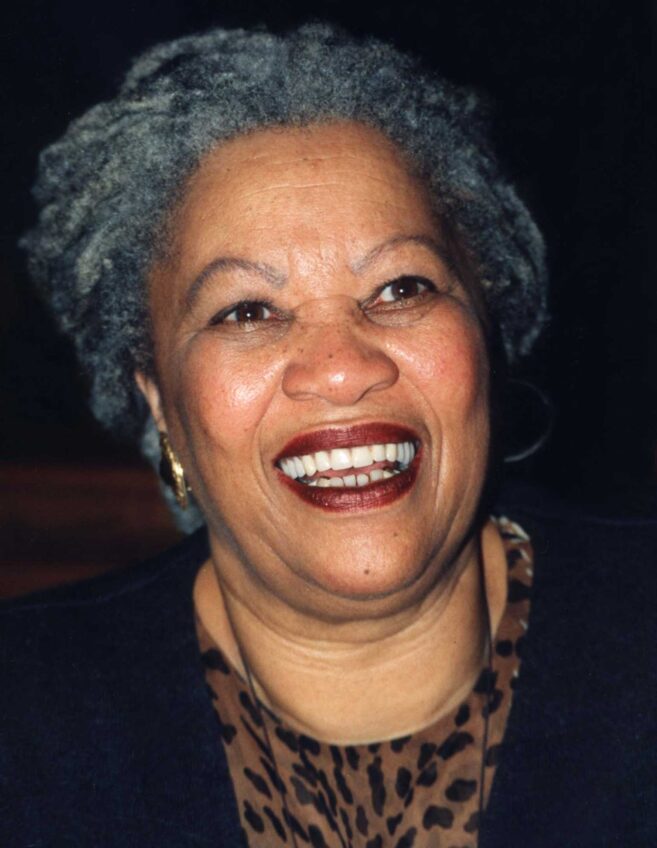After teaching in the Boston Public Schools for four years, I left the system this summer. I witnessed how the system poorly responded to students during a pandemic that led to unimaginable loss, hurting communities that had already been dismissed for too long. Despite the odds, students thrived through Zoom education and masking rules, then returning to school after the disruption.
Rather than address issues of underfunding, punitive discipline and Eurocentric curriculum that led to the exodus of more than 15,000 Black students from Boston schools in the past 20 years, the system’s leaders proceeded ahead wearing a Green New Deal t-shirt but showing no willingness to change focus.
One of their solutions was to treat my students as guinea pigs for testing abuse. Last school year, students were tested not once as usual, but four times. “Didn’t we do this already?” one student asked. “Can you take us on a field trip?” another groaned.
On top of this aggressive testing mandate not seen in suburban school districts, teacher freedom to create materials had been removed. The StudySync English language arts curriculum published by corporate education giant McGraw Hill snuck its way into the city’s middle and high schools. The BPS administration symbolically burned books by providing students, just like Florida, with this largely book-less curriculum.
McGraw Hill’s board has no people of color, and one of the curriculum’s main writers taught in Sonoma County, California, where only about 1% of students are Black. Philadelphia said “no” to StudySync in favor of a superior and homegrown curriculum.
According to a 2023 report from Educators for Excellence, only 36% of BPS teachers found StudySync to be culturally relevant. Only 44% believed the material was high quality. Only 22% received training to implement it properly.
Additionally, McGraw Hill was deemed to be a “culturally destructive” company in recent reports by the Metropolitan Center for Research on Equity and the Transformation of Schools, meaning the curriculum “reinforced stereotypes, centered white or Eurocentric ideas or culture, and offered little guidance for teachers to connect curriculum to students’ lives.”
The StudySync curriculum I was made to use consisted of an online program with short passages, multiple choice questions, commercialized videos and some short writing prompts. I was told that I could order just a few book sets to accompany the excerpt-based education I was asked to provide. Only one set arrived.
Imagine receiving one page of Anne Frank’s diary instead of having the option to read the whole autobiography. How does this prepare students for college, where they will be given rigorous work to do with full books they’re expected to read? This was the most obvious sign of low expectations. The students overwhelmingly said StudySync was boring and made them fall asleep. Some would walk out of class when the lessons came up.
The curriculum also had some disturbing material. A “Beowulf” unit simply featured scary graphic images of a Black-colored “monster” and a “white hero.” The main question asked of students was to write about the qualities of an Anglo-Saxon hero. I just skipped it, along with the slavery unit, which began with an excerpt from Kate Chopin’s “The Awakening.” I wasn’t sure why a story about a middle-aged white woman’s passionate love affair was the introduction to a slavery unit. Students shared with me that all they had learned about Black people in Boston Public Schools was slavery. So much for African-centered education.
Just like lip syncers don’t really sing, StudySyncers don’t really learn authentically. It’s a cop-out to hook our kids up to a computer and make them answer test questions. But as long as it meets the catch phrase “DESE standards-aligned,” school leaders believe that it’s morally acceptable to dish this out.
In previous years, I conducted project-based learning on student-selected topics like health care in Boston. Students spoke to leaders in Boston hospitals about inequities in the system and wrote powerful argumentative essays about improving health care in their communities.
With its shallow and disjointed approach to literature that robbed us of a chance to explore an actual book together as a class or conduct meaningful projects in the community, StudySync smacked of obedience to the test, resulting in students’ loss of engagement. You’d think with all the genius minds in the cradle of liberty that we could do better than this.
Natalie B. Ornell, a former Boston Public Schools teacher, is a law student at the University of Hawaii at Manoa.






